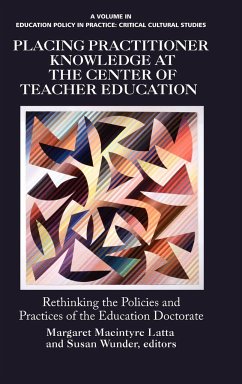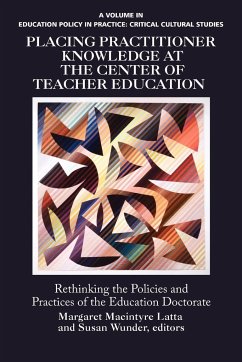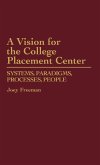Rethinking the Education Doctorate so that practitioner knowledge is at the center of programmatic concern in teacher education raises provocative education policy/practice considerations. Participants in the national Carnegie Project on the Education Doctorate (CPED) are doing just this. Their accounts of rethinking what counts as educational knowledge and their reconsideration of the roles of teacher educators, scholar-practitioners, students, policy makers, and others are illuminated in this book. Asserting the primacy of practitioner knowledge, the book generates a rich and complex terrain of issues and considerations that participating CPED institutions navigate as multiple technical, normative, and political questions at the crux of educator preparation, professional growth, and control of their field. And, it is this terrain that calls attention to the nature of practitioner knowledge and its inherent potential for redirecting, mediating, and generating education policy. Conversations within and across national and local levels orient away from technical means-ends "what works" questions alone, and open into normative and political questions about educational value and professional action. Chapters by the national CPED leadership team members and accounts that chronicle the specific experiences of seven participating teacher education programs and institutions (University of Nebraska-Lincoln, The Pennsylvania State University, Rutgers, The State University of New Jersey, Lynn University, University of Washington Vancouver, University of Colorado Denver, University of Kansas) that share a common commitment to enhancing professional knowledge are timely and of interest nationally and globally. Genuine opportunities for professional learning are increasingly at risk with teacher educators and practitioners often impeded from shaping educational agendas. The sixteen chapters reveal how the CPED initiative has created needed room for this disclosure and deliberation. And, with its emphasis on programmatic enactment, CPED positions institutions and participants involved to debate and articulate the issues, and gives shape to programs that hold hope for interrupting reductive "what works" agendas.
Hinweis: Dieser Artikel kann nur an eine deutsche Lieferadresse ausgeliefert werden.
Hinweis: Dieser Artikel kann nur an eine deutsche Lieferadresse ausgeliefert werden.








